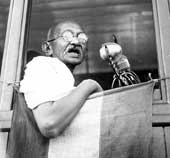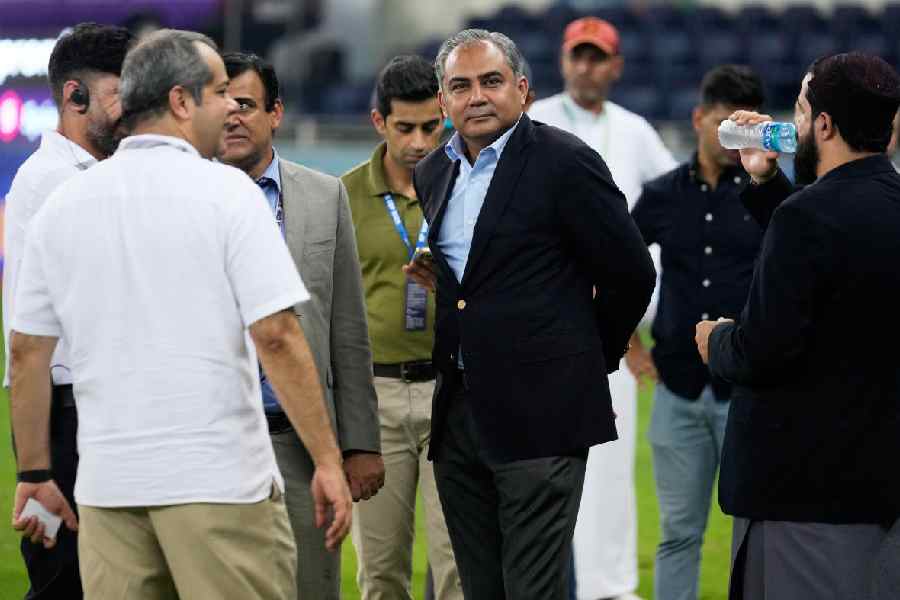 |
King Solomon was a wise man, according to the Bible and the Koran. His wisdom brought him wives, wealth and power. But what today will bring you sex appeal, money and a top job? Well, nothing much has changed in the past 3,000 years: wisdom is still the sought after leadership trait.
When asked to help spot potential leaders, Lyn Dale, an occupational psychologist at the Psychometrics Centre of the University of Cambridge, says: “You want people to be smart, but not just IQ smart.” She subscribes to the theory, developed by Robert J. Sternberg, a professor of psychology at Yale University, that “good leadership requires a balance of wisdom, intelligence and creativity”.
She says: “There are different ways of looking at intelligence: analytical intelligence (your verbal and critical thinking); creative intelligence; and, most relevantly, your everyday practical intelligence, often referred to as wisdom. Wisdom is the mark of a great leader. It involves the ability to solve complex problems for the greater good of all.”
So hone your baby-dividing skills because the good news is that wisdom can be learnt and one of the easiest ways to learn is to be mentored by a wise person. However, Dale says that integral to being wise is the insight to know where your strengths and weaknesses lie. “The guys at Enron were extremely smart, but if they’d had wisdom too, perhaps, they wouldn’t be in prison.”
The problem with leader spotting is that there is no universally accepted list of competencies. Companies need to develop their own competency frameworks for leaders based on the knowledge and skills they need. Psychometric tests can then be devised to help identify employees who have the required traits or who could develop them.
“There is this idea of a transformational leader, a top performer who motivates and coaches, is democratic, visionary, affiliative and inspirational,” Dale says. This type of person could be identified on a personality test by a high fellowship score, low conformity score and moderate agreeability score. “He or she would have a participative style but be able to inspire and direct.”
But tests are only a small part of the story and they need to be integrated into a programme of feedback and development. Professor John Rust, one of Dale’s colleagues, says: “Personality assessments and integrity tools help people to understand and express their own style. The tests provide a foundation for discussion.”
He and Dale are aware that psychometrics need to be used properly. “There is a danger with everything, however good your intentions, that you end up with a bunch of box tickers using it. It needs constant review and continuous revision,” Professor Rust says.
Both say that test results should be conveyed to candidates by a trained person. This is so that the results can be put into context to help people understand how they can develop. It is also important that the person giving the feedback has taken the tests and, in an ideal world, is prepared to share their scores and experiences. “Giving feedback is crucial. Feedback should be given by someone who has done the tests and discussed the results themselves. It is an important part of seeing this as a social process, not just a numerical one,” he says.










